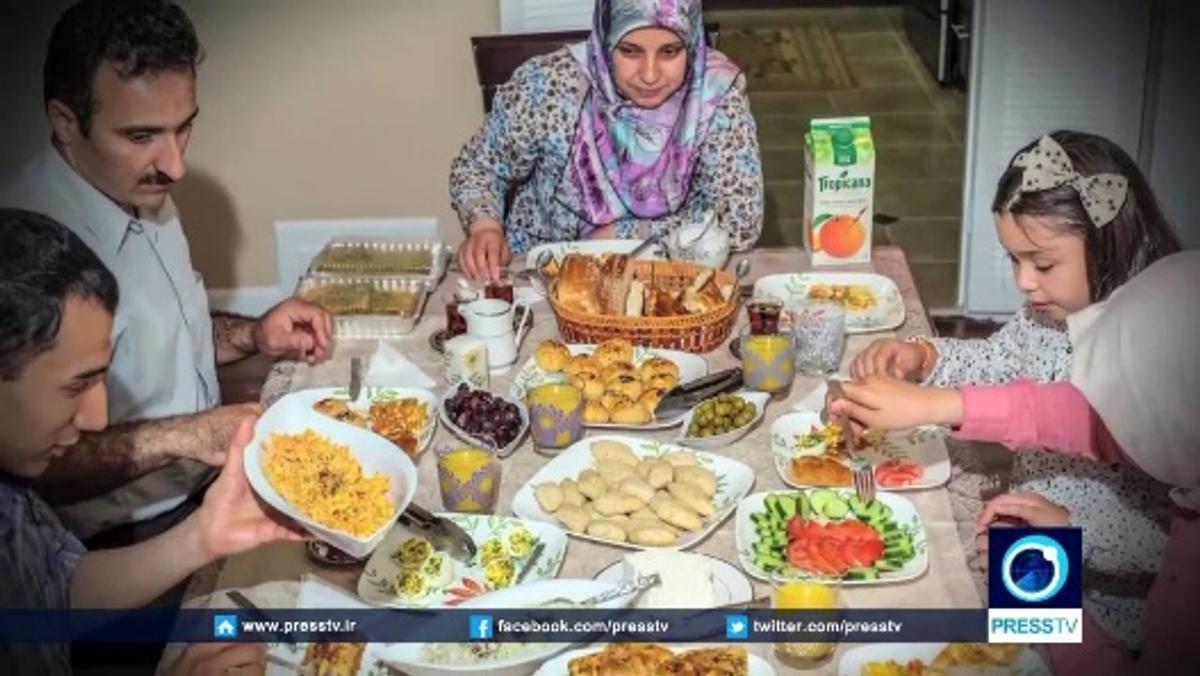From the School Nurse
Mrs. Julia Lohmeyer

From the School Nurse
Mrs. Julia Lohmeyer
As teenagers grow and develop, it’s normal for them to feel hungrier and start to eat more. As your child begins puberty, their body is going through a major growth spurt. Extra food gives them extra energy and nutrients to support this growth.
Your child might also start changing their eating habits. Unfortunately sometimes teenagers might start to eat fewer fruit and vegies and more fatty and sugary foods at this time when it is very important for them to have healthy food for health, growth and development. As a parent, you have a valuable part to play in the choices they make now and in the future.
Be a positive role model. This is one of the best ways to support your child’s healthy eating habits. This is about showing your child that healthy eating is important to you. There are lots of ways you can do this – for example, by always eating breakfast and by choosing healthy food options when you’re eating away from home or food shopping.
Making time to enjoy healthy meals as a family is one of the best ways to model healthy habits. It’s also a good way to spend family time together catching up on everyone’s day.
Creating a healthy food environment. If you have a healthy food atmosphere in your family, it makes it easier for your child to make healthier choices.
If your child starts learning to cook some simple healthy meals now, it sets them up to make better food choices in the future. Also, if your child feels they have some say about what’s on the menu, they are more likely to eat it.
Talking about food. The way you talk about food has a big effect on your child’s eating habits. Try to emphasise all of the good things about healthy eating, instead of focusing on the effects of unhealthy eating.
Risks of unhealthy eating habits in teenagers
Unhealthy eating habits like eating too much, not eating enough, or restricted eating can be bad for your teenage child’s health and wellbeing, now and in the future.
Eating too much. Eating too much food, particularly unhealthy food, puts your child at risk of overweight and obesity. An overweight person is at an increased risk of a number of chronic diseases.
Not eating enough. When teenagers go on fad or crash diets they can be at risk of not getting the nutrients they need for healthy growth and development.
Severe dieting can lead to health and other problems like fatigue, poor concentration and loss of muscle mass and bone density. In some cases, dieting might even lead to the development of eating disorders.
Restricted eating. Your teenager doesn’t need to restrict foods like dairy foods or foods with gluten unless they have a food allergy or food intolerance that has been diagnosed by a health professional.
If your teenager is eating a restricted diet that isn’t well-planned and/or supervised by a GP or dietitian, it could lead to health problems. For example, a dairy-free diet over long period of time might mean your teenager isn’t getting enough calcium, vitamin D, energy and protein for bone health. This can not only affect their health now, but can lead to health problems when they are older.




A poorly planned long-term vegetarian diet can result in your teenager not getting enough nutrients and is a particular risk for girls who have started having periods. This can increase the risk of low iron levels and anaemia.
Reference - raisingchildren.net.au